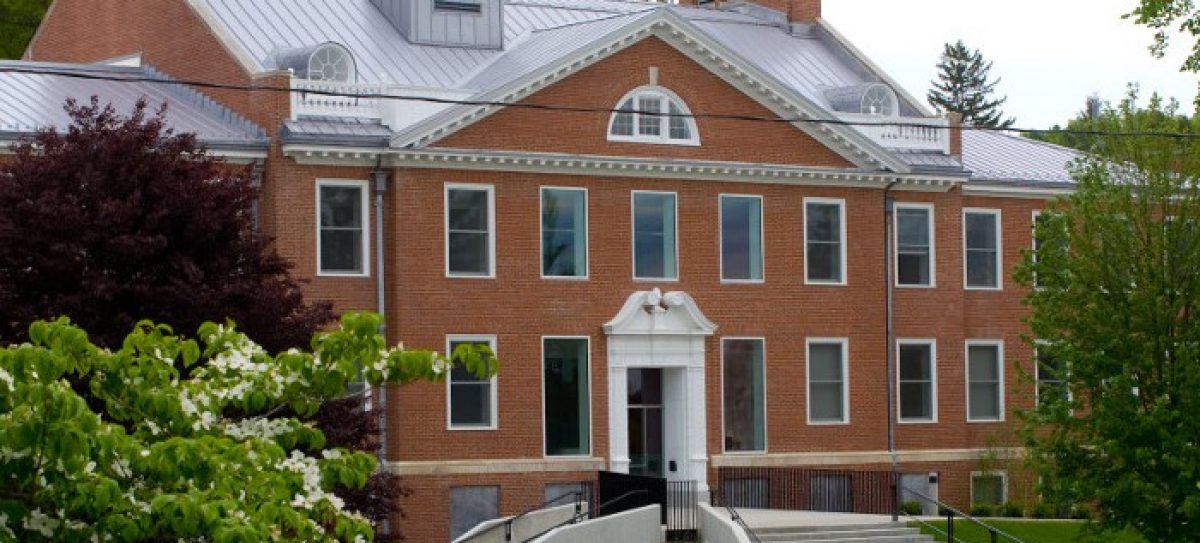
The Massachusetts Health Policy Commission (HPC) has issued a Request for Proposals (RFP) seeking partnerships between provider and community-based organizations looking to address upstream social, economic, and environmental barriers to health as part of the ‘Moving Massachusetts Upstream’ (MassUP) initiative. The MassUP initiative is a collaboration among Massachusetts state agencies. The vision of the partnership is better health, lower costs, and reduced health inequities across communities and populations in Massachusetts through effective collaboration among government, health care systems, and local organizations.
Proposals for the MassUP investment program must (1) describe a social determinant of health (SDOH) that is related to poor health and health inequity for individuals in a geographic community; and (2) propose a program through which the eligible applicant and their partners will undertake activities to address the SDOH in that community. The MassUP investment program is making $2 million available through this RFP, funding three to four awards of up to $650,000 each. The RFP and its attachments are available on the state’s procurement website, COMMBUYS, located here. Please check COMMBUYS regularly for RFP amendments, FAQs, and other information that the HPC may issue during the procurement period. Responses to the RFP must be submitted to the HPC by 3:00 PM on Friday, February 21, 2020.
Please submit all questions about the MassUP RFP to HPC-Innovation@mass.gov by 3:00 PM on February 7, 2020.




 Project Summary/Abstract and Project Narrative: What’s the Difference and What to Include
Project Summary/Abstract and Project Narrative: What’s the Difference and What to Include The Robert Wood Johnson Foundation (RWJF) is working to build a Culture of Health where everyone in America has a fair opportunity for health and well-being. But, climate change threatens all of the factors that shape the opportunity for a healthy life, especially for those who are the most vulnerable to the health harms of climate change.
The Robert Wood Johnson Foundation (RWJF) is working to build a Culture of Health where everyone in America has a fair opportunity for health and well-being. But, climate change threatens all of the factors that shape the opportunity for a healthy life, especially for those who are the most vulnerable to the health harms of climate change.